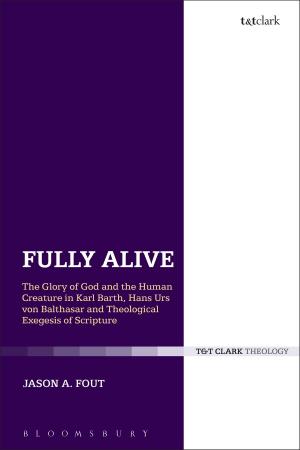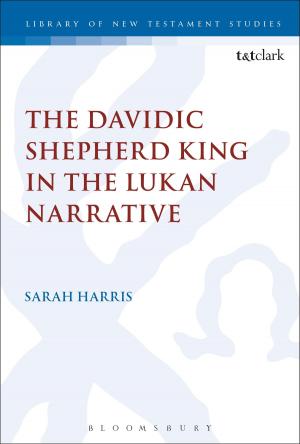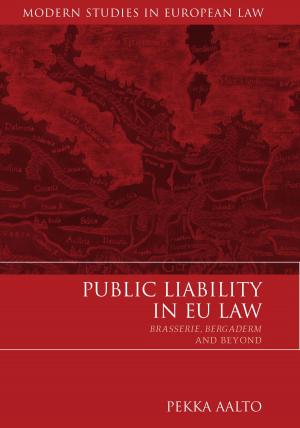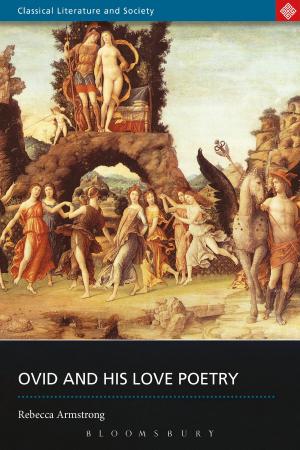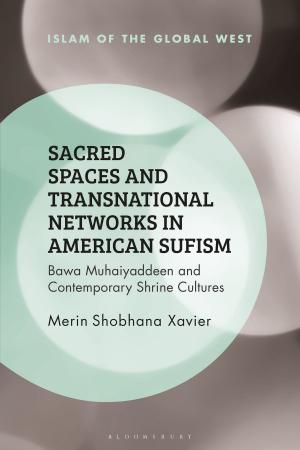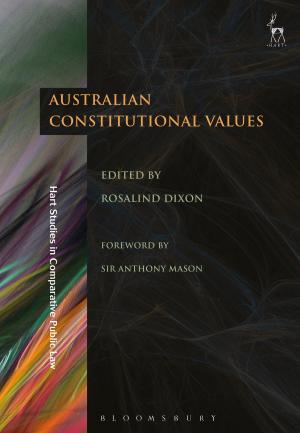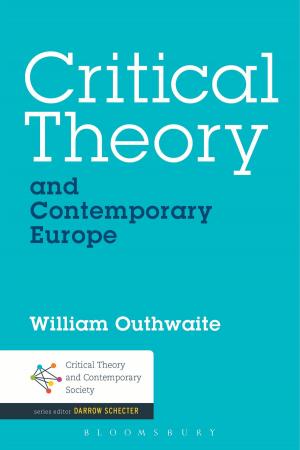Post-Materialist Religion
Pagan Identities and Value Change in Modern Europe
Nonfiction, Religion & Spirituality, Reference, Psychology of Religion, Social & Cultural Studies, Social Science, Sociology, Marriage & Family| Author: | Mika T. Lassander | ISBN: | 9781472511850 |
| Publisher: | Bloomsbury Publishing | Publication: | August 28, 2014 |
| Imprint: | Bloomsbury Academic | Language: | English |
| Author: | Mika T. Lassander |
| ISBN: | 9781472511850 |
| Publisher: | Bloomsbury Publishing |
| Publication: | August 28, 2014 |
| Imprint: | Bloomsbury Academic |
| Language: | English |
Post Materialist Religion discusses the transformations ofthe individual's worldview, and the role religion and nature can play incontemporary European societies. In doing so, Mika Lassander brings intoconversation sociological theories of secularisation and social-psychologicaltheories of interpersonal relations, the development of morality, and thenature of basic human values. European societies are marked by an ethos of secularism,whereby overt display of religiosity is generally considered objectionable orat least unusual, with the exception of special occasions or festivals. PostMaterialist Religion discusses how this ethos is criticised for oppressing theindividual's right to religious expression, and for forgetting that religion isan integral part of society's cultural history and grounding for ethics andmorality. Mika Lassander however argues that this ethos is a directconsequence of the cultural history itself and societal changes. He suggeststhat it is not a direct symptom of linear secularisation or of forgetting traditions,but an indication of the loss of relevance of 'religious aspects' such asbeliefs and dogma, of traditional religions. Furthermore, he argues that it is notan indication of the loss of ethical value base, but, rather, a change in thevalue base itself and consequently the transformation of the legitimating framework ofthis value base.
Post Materialist Religion discusses the transformations ofthe individual's worldview, and the role religion and nature can play incontemporary European societies. In doing so, Mika Lassander brings intoconversation sociological theories of secularisation and social-psychologicaltheories of interpersonal relations, the development of morality, and thenature of basic human values. European societies are marked by an ethos of secularism,whereby overt display of religiosity is generally considered objectionable orat least unusual, with the exception of special occasions or festivals. PostMaterialist Religion discusses how this ethos is criticised for oppressing theindividual's right to religious expression, and for forgetting that religion isan integral part of society's cultural history and grounding for ethics andmorality. Mika Lassander however argues that this ethos is a directconsequence of the cultural history itself and societal changes. He suggeststhat it is not a direct symptom of linear secularisation or of forgetting traditions,but an indication of the loss of relevance of 'religious aspects' such asbeliefs and dogma, of traditional religions. Furthermore, he argues that it is notan indication of the loss of ethical value base, but, rather, a change in thevalue base itself and consequently the transformation of the legitimating framework ofthis value base.


